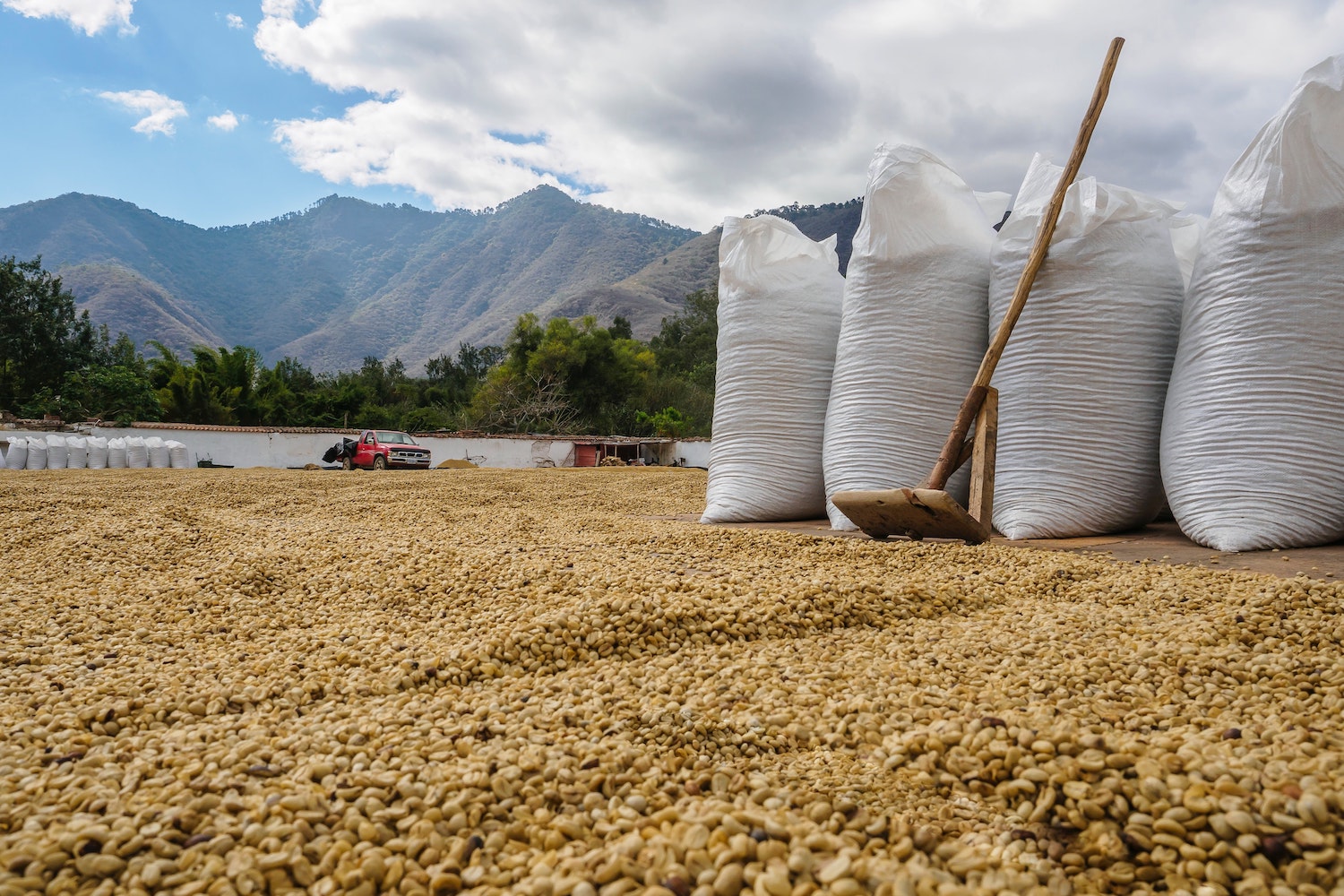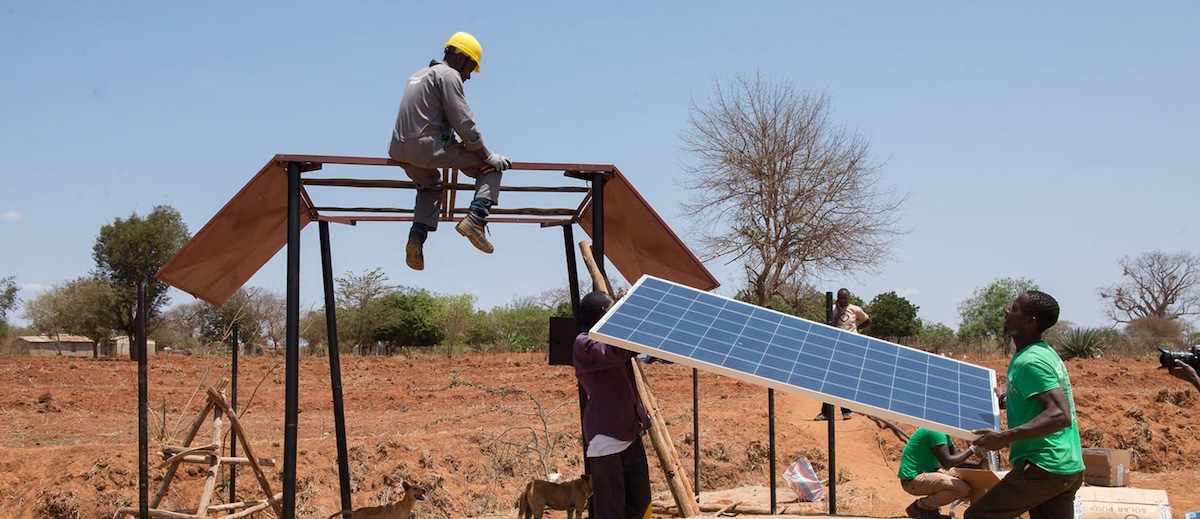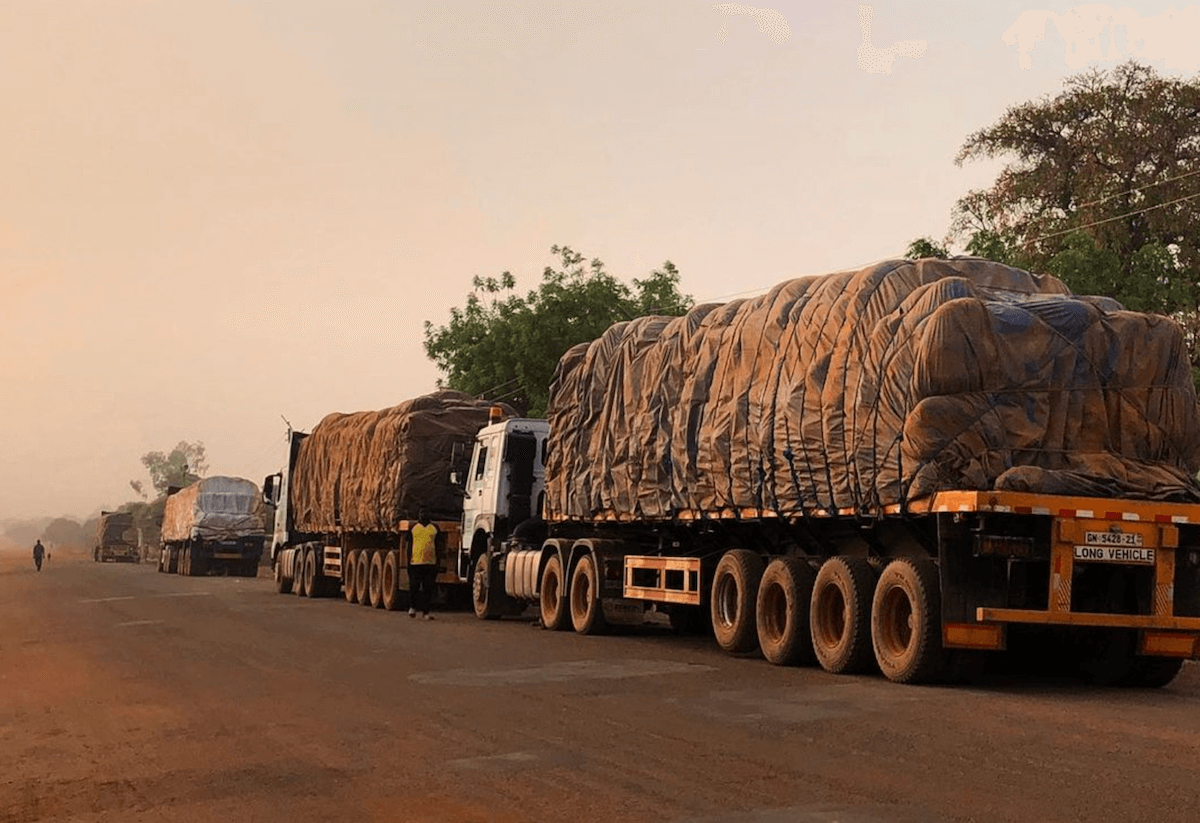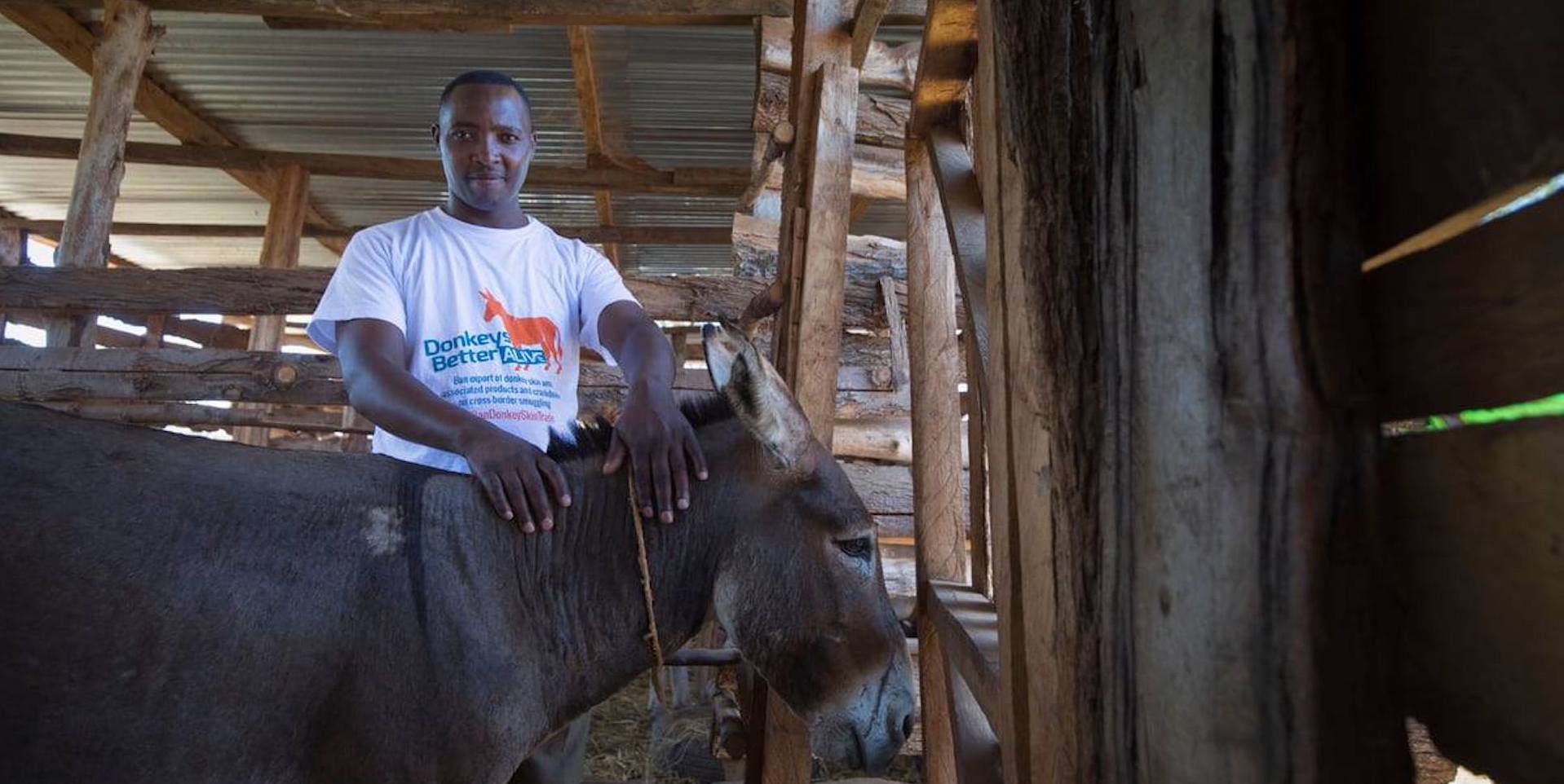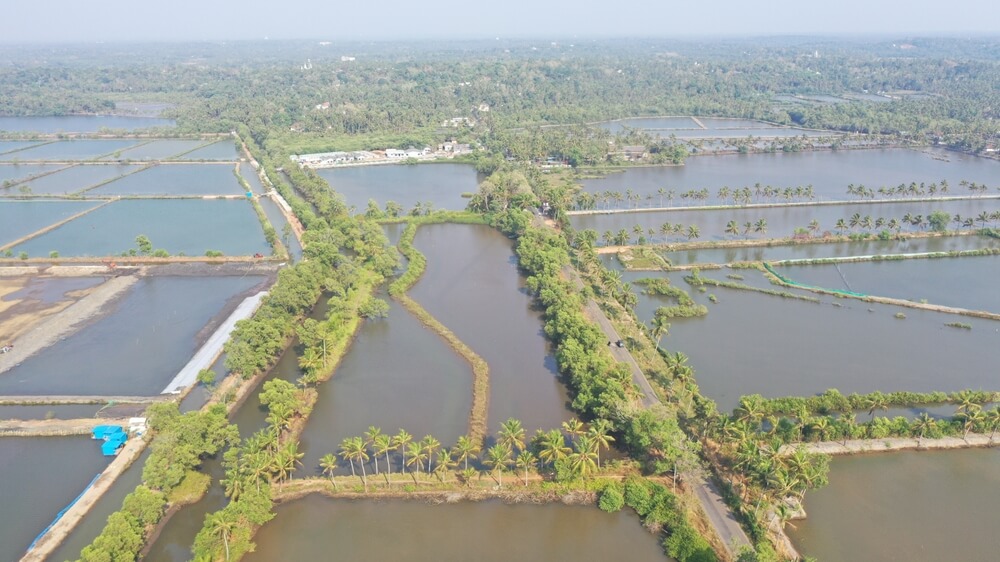ImpactAlpha, July 1 – The confluence in Central America of extreme weather events, gang violence, corruption, and poverty – exacerbated by COVID – is causing a wave of migration as people from the region seek opportunity and stability in Mexico and the U.S.
If the crises are not new, the U.S. response represents a marked shift. The Biden Administration has pledged itself to a multi-billion dollar plan to fight corruption, boost the role of women and small businesses in inclusive growth and mobilize private capital.
As part of The U.S. Agency for International Development’s Guatemala Entrepreneurship and Development Innovation initiative, companies and private sector partners have committed $31 million to support entrepreneurs and businesses that can increase access to renewable energy and improve agriculture, water and sanitation, health, and education. The partners include Starbucks, Target Foundation, PriceMart and Argidius Foundation, along with Alterna, Pomona Impact and Root Capital.
USAID will provide an additional $7.5 million in funding to the Aspen Network of Development Entrepreneurs to work with its dozens of member incubators, accelerators, and financial institutions in the region to provide direct support and capital to farmers, entrepreneurs and business owners.
At least 7.8 million people are facing hunger this year in Guatemala, Honduras and El Salvador following back-to-back hurricanes and the economic fallout of the pandemic.
“The U.S.-led commitment to tackling so many myriad root causes of migration is exactly what’s needed,” says Willy Foote of Root Capital, a lender to farmer cooperatives, agro-processors and other agribusinesses that serve smallholder farmers.
Foote was in Guatemala with USAID’s Samantha Power for last month’s launch of the initiative. Root, an early ANDE member, made its first agricultural loan in Guatemala more than 20 years ago and has since lent roughly $500 million in Central America.
Such bottom-up strategies, “can absolutely increase options and opportunities for folks,” Foote says. “That has not been the focus for a very long time.”
Investment ready
The Biden administration approach is a stark contrast to the previous administration’s brute-force strategy of deterrence and border control. In 2019, the Trump administration froze $450 million for programs in Central America aimed at preventing violence, curbing extreme poverty and hunger, and strengthening the justice system, “the very problems residents of those countries give for leaving home and pursuing a more stable future elsewhere,” as The New York Times reported at the time.
That shut down the Obama-era “Alliance for Prosperity,” which allocated more than $1.6 billion in investments and aid in the region. With his own plan, Biden, who led the initiative as Obama’s vice president, wants to accelerate the timeline for money to reach communities and more deeply engage the private sector. Vice President Kamala Harris is now tasked with executing Biden’s strategy.
That could mean a larger role for impact investment models that have been incubated and nurtured with community partners over decades. Such models are increasingly fielding and deploying capital in larger efforts to create good jobs and opportunity in the face of climate and economic disruptions.
“A lot of spadework has been done,” says Tim Docking of the Refugee Investment Network, an aggregator and incubator of investable solutions to global forced migration. The network is working to connect investors with refugee and migration solutions in Colombia and Mexico, Central America, the Middle East and sub-Saharan Africa.
The network is applying its Refugee Opportunity Index to spotlight national policy shortcomings and advance pro-refugee policy reform in refugee affected countries in Latin America and Caribbean, including Belize, Chile, Costa Rica, Colombia, Dominican Republic, Ecuador and Peru.
Over time, investors of patient capital in frontier markets “really build capacity and create social enterprises that are investment ready,” says Docking. The network is seeing an uptick in commercial and faith-based investors, family offices, development actors and nongovernment organizations seeking out investable solutions to migration.
Business resilience
The Guatemala entrepreneurship initiative follows a $310 million commitment to Central America announced by Harris in April. In May, a dozen U.S. corporations pledged commitments as part of the State Department’s Partnership for Central America.
Among the pledges, Microsoft agreed to expand internet access to three million people in the region by July 2022. Nespresso will begin buying coffee from El Salvador and Honduras with a minimum regional investment of $150 million by 2025. Mastercard will bring five million people in Central America into the financial system and give one million micro and small businesses access to electronic banking. Chobani will bring its incubator program for local entrepreneurs to Guatemala.
“The last time it was a top down approach,” says Foote. “Being able to build, bottom-up with businesses that are embedded and proximate with frontline communities is absolutely critical.” Farmers cooperatives with links to global partners are “distribution hubs for resilience,” he says.
Such resilient businesses provide the inputs, the training, the resources and the capital to farmers in appropriate and scalable ways. Farmers, in turn, can invest in their own resilience, and their families’ futures in their home communities.
Says Foote, “People don’t want to go if they don’t have to.”

